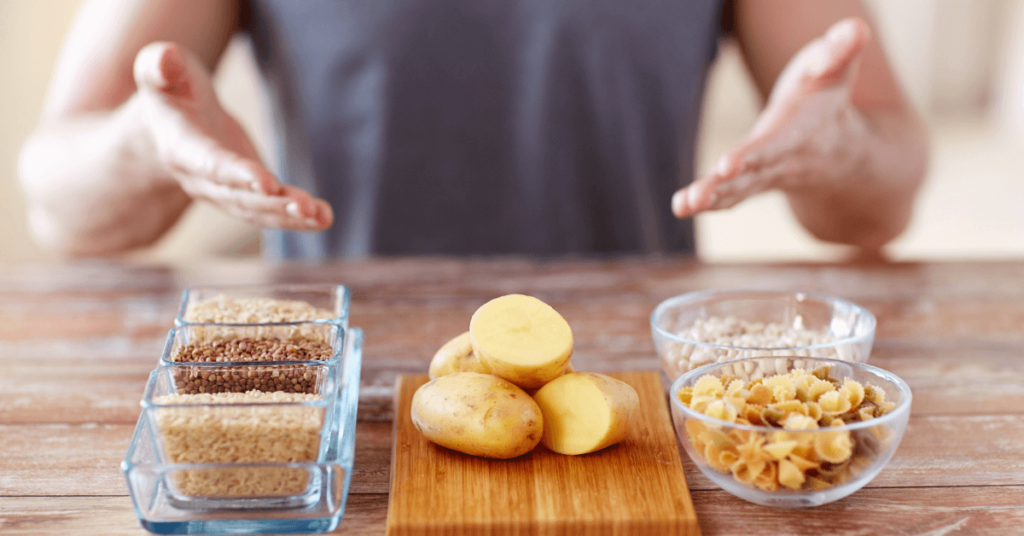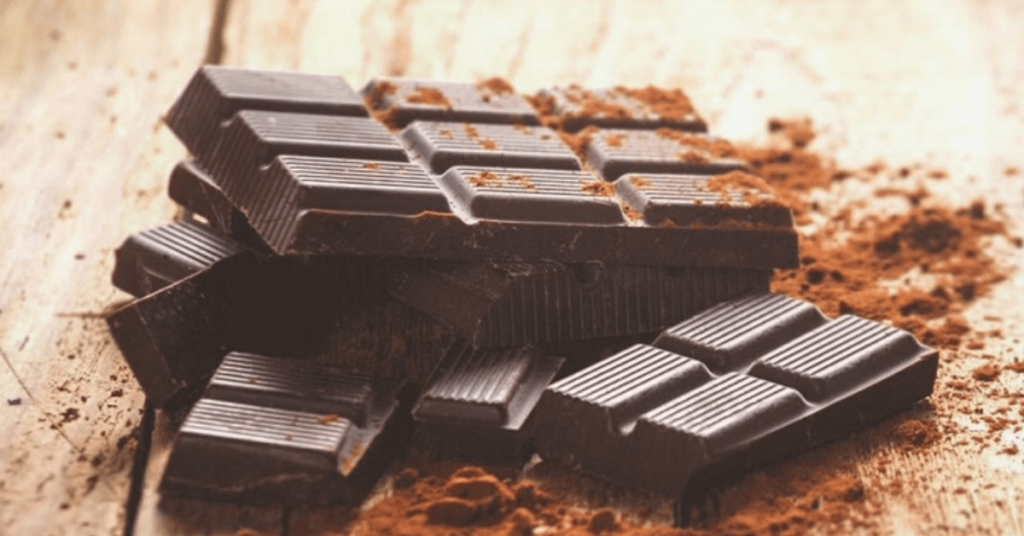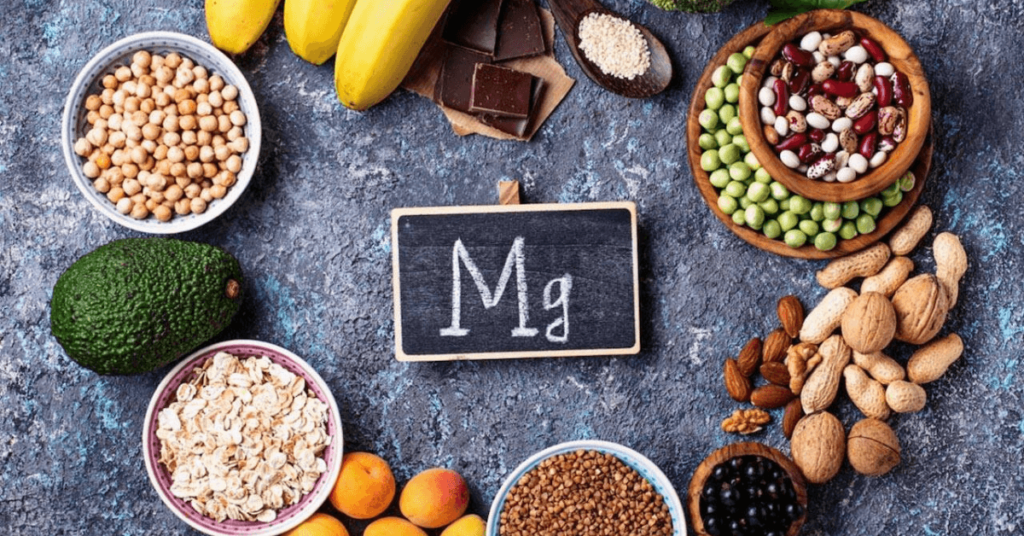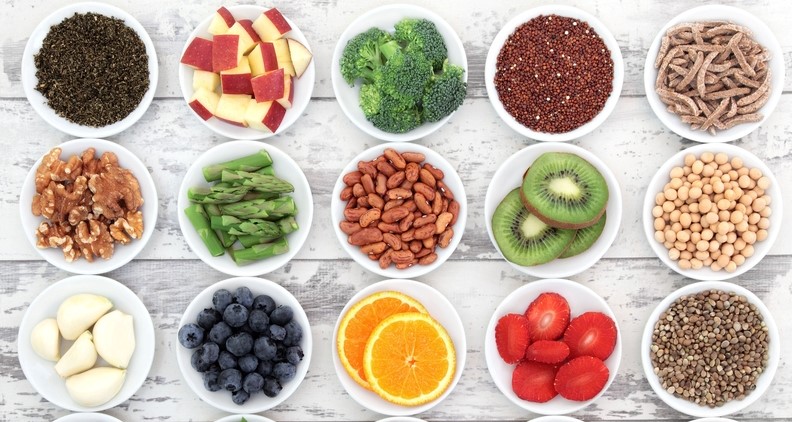What To Eat Before A Run | Pre-Run Nutrition
Pre-run nutrition plays a pivotal role in the performance and endurance of every runner, serving as the foundation for optimal energy levels, muscle recovery, and overall well-being during long-distance endeavors. As athletes prepare to lace up their shoes and embark on their next run, understanding the importance of fueling their bodies with the right nutrients …











